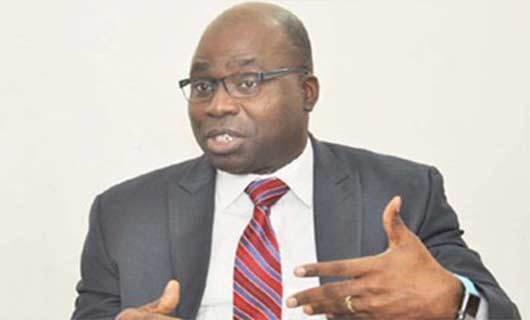The Chairman, Independent Corrupt Practices and other related offences Commission (ICPC), Prof. Bolaji Owasanoye, says that arresting and prosecuting vote buyers remain a difficult exercise because the practice is too widespread.
He stated this in New York over the weekend.
Owasanoye said, “When something is rampant like this, you can hardly eradicate it by enforcing measures alone.
“Take, for example, a situation where a whole community, led by their leaders, reached an agreement to trade their votes. People were led by opinion leaders to say ‘we must be paid for our votes.’ Now, can you arrest an entire community?
“Investigation and prosecution is very expensive, and, the capacity to do all the available cases is severely limited. It is not possible to prosecute all the cases that are staring you in the face.
“So, you have to adopt preventive measures that help to diminish corruption much more vigorously than enforcement.”
He disclosed that the ICPC held a policy dialogue after the 2019 general election to find a remedy to the menace.
Owasanoye noted that during the dialogue, technology was recommended as one of the ways to combat the issue.
“If you reduce the human interface, those who want to buy votes will realise that their money will be wasted,” he stated.
“Secondly, the way the polling units are designed for now, they are too open. It is easy for somebody hanging around to actually spy or know how you voted or for the vote seller to display the ballot paper, pretending to fold it so that it can be seen that you voted as agreed.
“So, improving the infrastructure for voting, to increase the confidentiality of the ballot, is important.”
He said that the commission would soon release a policy paper to guide remedial measures.
Also, he said that the body would raise public enlightenment activities to sensitise Nigerians against vote buying.
“The policy document we are drafting will also be able to look at who should be playing what role among all stakeholders.
“It will look at what role the political parties, the Independent National Electoral Commission, law enforcement agencies, civil society and citizens themselves, can play in the fight against vote-buying,” the ICPC boss said.

